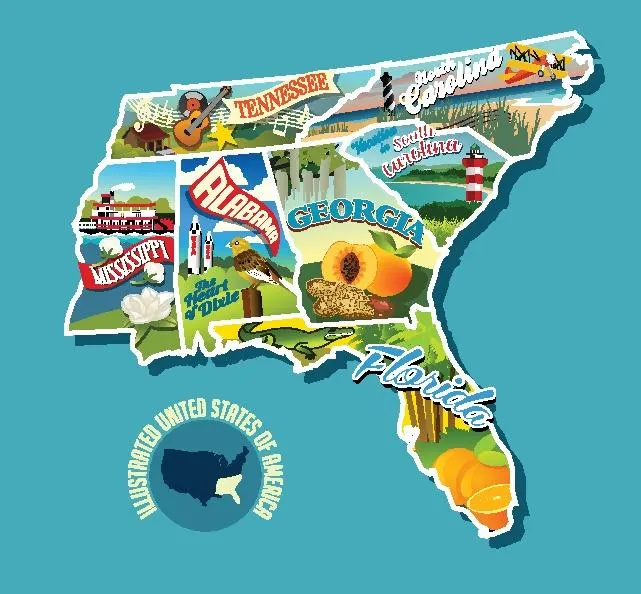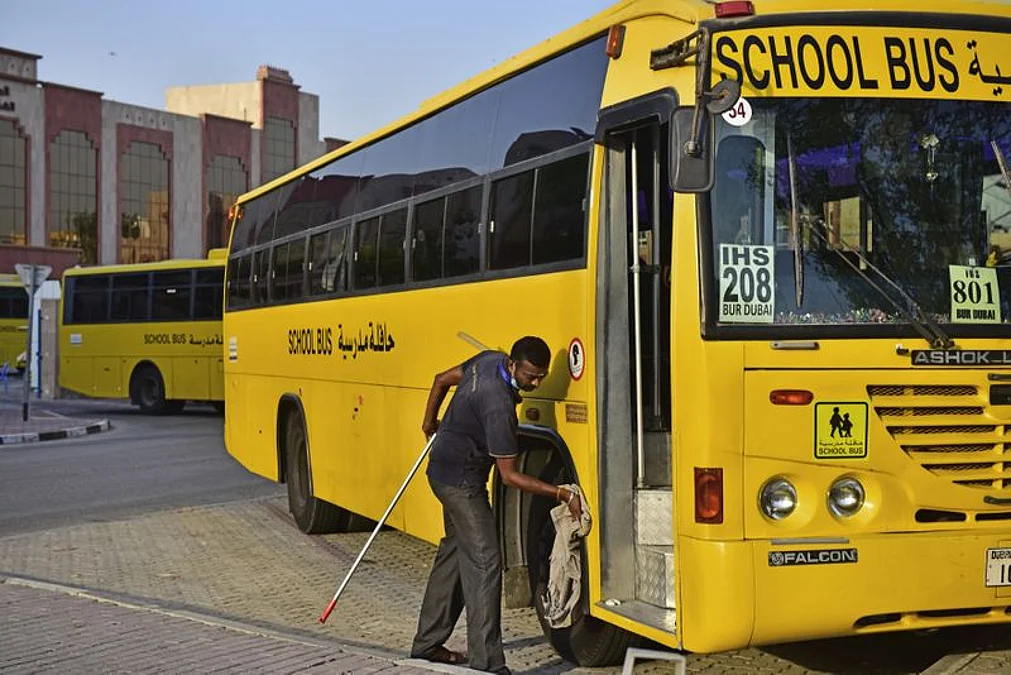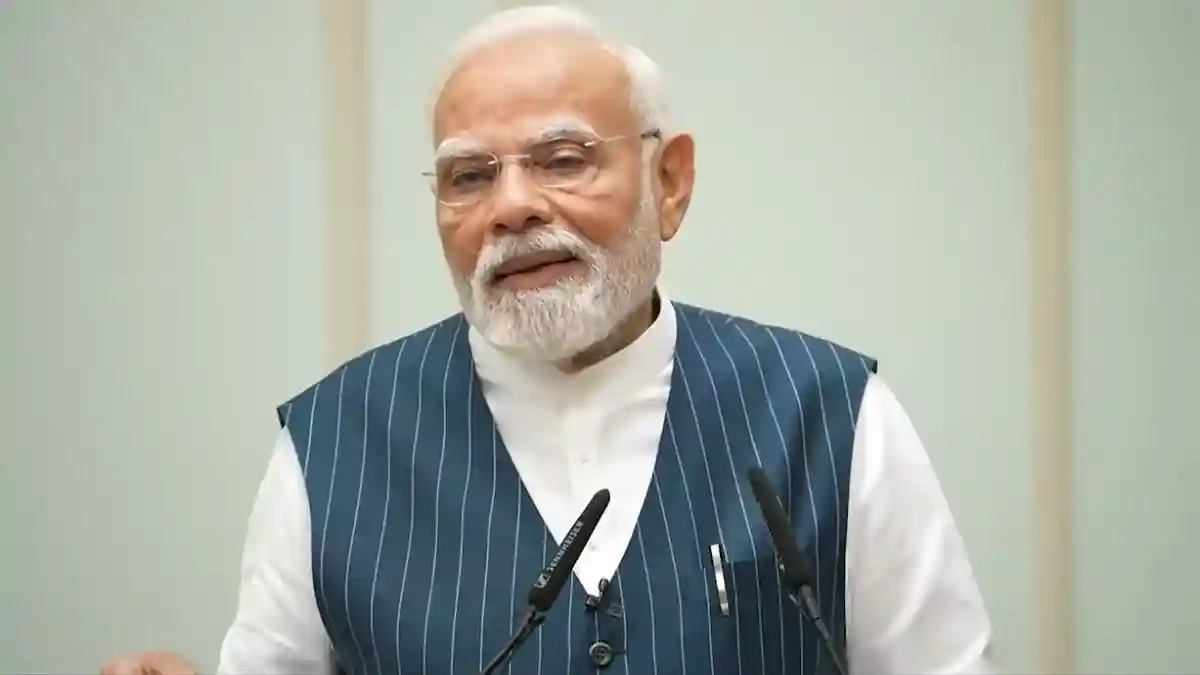By Contributor,Hope Enterprise Corporation,Ilona Limonta-Volkova
Copyright forbes

The south occupies a unique position in the United States economy.
The Deep South is a land of paradox. Forces collide and then sync like the sixteenths of delta blues. Out of those meandering melodies and maladies emerges a distinctive rhythm that reflects equal parts strain and possibility.
While stablecoins are the talk of the town among venture capital investors, in Jackson, Mississippi, that could not be further from people’s minds. Residents often lament persistent poverty, limited opportunity, and unreliable city services; after the last heavy rain, nearly 150,000 people went without access to clean water.
At first glance it seems an unlikely place for a conference on economic empowerment. Yet DELTA FEST chose Jackson for that reason. The inaugural festival set out a ten-year activation to close infrastructure and capital gaps across the Deep South and to open pathways for builders and investors to develop products whose benefits compound in the real economy.
The Deep South’s Economic Reality
The Southern economy contains both hospitality and hard edges. In Jackson, the “how are you” and “how can I help” land as easy as the the gentle summer breeze wafting from the magnolia trees. Yet in the same breath residents say, “My city is falling apart.” The data behind that feeling is ample.
The city of Jackson, Mississippi hosted this year’s inaugural DELTA FEST.
MORE FOR YOU
According to the U.S. Census Bureau, over 80% of counties with persistent poverty (above 20% for three decades) sit within 16 southern states. Even with recent progress, deep historical, geographic, and social factors still shape the region’s economy. This is exacerbated by infrastructure challenges. Water systems in many rural areas are out of compliance, and limited broadband penetration further complicates efforts to reach a population in need of resources.
Real estate remains the most accessible wealth creation tool for families, yet ownership compounds only when the platform below it is stable. Schools, healthcare, grocery access, banking access – these are prerequisites for entrepreneurship, credit formation, and inter-generational wealth.
DELTA FEST’s Ten Year Roadmap for Inclusive Growth
DELTA FEST positioned Jackson as a proving ground for inclusive growth across the Deep South. The event was was co-created by HOPE Enterprise Corporation and Yancey Consulting, and featured a variety of speakers across financial services and organizations specializing in public-private partnerships. Bill Bynum, HOPE’s CEO, noted that the organization has supported under-resourced communities for more than thirty years, but the path to prosperity requires partners who stay.
During the opening night, Jackson Mayor John Horhn called it, “the first of its kind economic activation festival” with the aim to, “deal with economic revitalization and the generation of opportunities throughout the Deep South.” The mission is rooted in place. “This is our home and we will move from possibility to prosperity by blending our culture with the land.”
Bill Bynum, CEO of HOPE, was a key figure in organizing the inaugural DELTA FEST.
© 2023 Bloomberg Finance LP
HOPE framed its role plainly as a community development investment bank for the Deep South. The model is full stack: assemble capital, structure deals, and advise communities through execution. The premise is practical. “When people have the tools, they outperform,” emphasized Bynum.
Capital One translated national scale into local touch points. Dr. Shena Ashley, president of the Capital One Foundation, framed the work simply: “Our businesses drive our mission. Change banking for good.” She pointed to a $265 billion community benefits plan and to changes customers can feel. If an applicant is denied online, there is now a referral path to HOPE for a credible second look.
Capital One was a key supporter of the inaugural DELTA FEST.
Getty Images
She also emphasized the importance of economic mobility, with more than 40 million people moving from no credit to prime credit through Capital One’s products. To help those gains stick, the foundation is expanding a multi-generational partnership with Khan Academy so students and the adults in their households build real mastery. “We designed this as a multi-generational way to access the kids in the household and for them to share those resources with their parents,” elaborated Dr. Ashley.
In the Deep South, culture is another engine of progress. Music executive and co-founder of the fintech Assemble Cortez Bryant connected the dots between creativity and ownership, noting, “There is no infrastructure built here… [talent] has brought in billions of dollars, but they’re not investing in infrastructure down South to create enterprise.”
The lesson is ownership. Keep value created in the South compounding in the South.
Using Technology as a Catalyst for Economic Empowerment
DELTA FEST is designed as a ten year strategy, not a weekend. “Strategy serves; it doesn’t lead,” said festival co-lead Lisa Yancey. “Every single person was told that they have to come with resources that are relevant to this region.”
The near-term scorecard is practical. Lower the cost of capital in rural markets through bank and CDFI partnerships that meet borrowers where they are. Convert cultural capital into local ownership so more value created in the South compounds in the South. Keep households in formal finance with products that fit, education that is actionable, and referral pathways that turn a no into a real second look.
This matters for fintech for three reasons. First, infrastructure is the growth constraint. Payment rails and on chain settlement do not create mobility if families cannot keep water running or reach a lender who can price risk locally. Second, underwriting is context. Models improve when data reflect local realities, when small dollar auto and mortgage decisions consider referral ecosystems, and when credit education begins years before a down payment. Third, ownership is the compounding mechanism. As Amin Irving, President and CEO of Ginosko Development emphasized, “If you have to choose between money and control, choose control every single time.” Tools that shift households from users to owners will define durable fintech impact.
Jackson offers a simple test. Value moves when fintech infrastructure works, when the denied borrower sees a credible path to approval, and when creators can build companies without exporting the upside. DELTA FESTS’s bet is that aligning capital, culture, and community can turn paradox into progress. Or, as Bynum noted, “We know that collectively, we’re more than enough.”
Editorial StandardsReprints & Permissions



